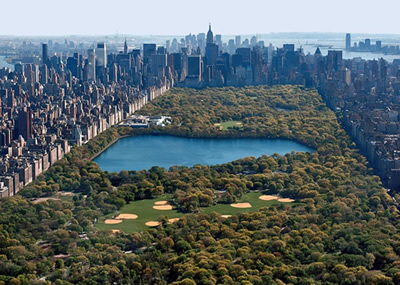

|
English 658: Boston & New York City |
|||||||||||||||
 |
|
|||||||||||||||
May 7: Boston: "Past and Present" (see Resources). Research papers due. (Note: see "On Writing Papers" in Resources.) April 30: Boston: "''Other' Voices" (see Resources). CP 10. April 23: NYC & the Jewish Intellectuals: Bellow: Seize the Day. CP9 (See Bellow entries in Resources.). April 16: Boston & NYC: Coming-of-age Tales: Hentoff, Boston Boy & Baldwin, "Notes of A Native Son." CP8. April 9: Marquand: The Late George Apley. CP7. April 2: Wharton: The Age of Innocence. See "Wharton's New York" in Resources. CP6. March 26: Crane: “An Experiment in Misery,” “An Experiment in Luxury," “The Men in the Storm,” “An Eloquence of Grief,” “Adventures of A Novelist”; Dunne: “Mr. Dooley Finds Life in New York too Exciting” (Resources); Riordan: Plunkett of Tammany Hall. Thesis topic, outline & bibliography. CP5. March 19: UMB Spring Vacation March 12: NYC: Crane, Maggie, Girl of the Streets. CP4 Note: see revised EN 658 Syllabus. March 5: Boston & NYC: Howells, A Hazard of New Fortunes. CP3. Note: see revised assignment ("Assignments") for paper due March 12. Feb. 26: Boston & NYC: James, The American Scene. CP2. Feb. 19: Boston & NYC: James, The Bostonians. CP 1. See also, in "Resources," James on Nathaniel Hawthorne's The Blithedale Romance, drawn from chapter 5 of James' 1879 monograph, Hawthorne, text from The Project Gutenberg EBook of Hawthorne, by Henry James, Junr.. Note: Check out the Back Bay Historical Society website and the blog on Updike's Boston by Douglass Shand-Tucci: http://backbayhistorical.org/. Feb. 12: New York City: Whitman (see "Crossing Brooklyn Ferry & "Mannahatta" in "Resources"), Melville (Moby-Dick, ch1 & "The House-Top" in "Resources" & "Bartleby the Scrivener" on various web sites ) & others. Post P1. Also: see "Assignments" for paper topics. Feb. 5: Boston: From Winthrop to Hawthorne. Photocopy pages for class discussion. Notes on class #1: Despite the small, crowded and hot seminar room, our first meeting was lively and engaging. The class represents a range of perspectives and experiences which will inform our readings and discussions. We covered some importants ground, discussing colonial New York and Boston, along with two representative men of letters who worked between these cities: William Dean Howells and John Updike. (Read the essay, in "Resources," by Clyde Haberman on Updike and New York City, from The New York Times, January 30th edition.) We did not get to the planned Ralph Waldo Emerson & Walt Whitman discussion, which we'll take up on Feb 12th. For next week's class, please familiarize yourselves with the course website and let me know if you have any problems entering the "Writing Room." We will be discussing the selections, "From Winthrop to Hawthorne," in "Resources." Pass in the assigned "Brief paper (P1)." January 29: Introduction to EN 658 & seminar participants. Howells & Updike on Boston & NYC. Colonial NYC & Boston: 1626-1741. Poems on Boston & NYC by Emerson & Whitman. ---------------------------------------------------------------------------------------------------------------------------------------------------------- EN 658: Boston & New York City. Tales of two cities, contrasting embodiments of the American dream: Boston, the Hub of the Solar System, and New York City, Gotham. Long-time rivals (The Red Sox vs. the Yankees), yet parallel universes of immigration, culture and education. These actual and symbolic sites have long been both celebrated and damned by American writers who have set themselves and their representative characters in complex and imaginatively-charged relations to these cities. Walt Whitman, Herman Melville, Henry James, Edith Wharton, Stephen Crane, F. Scott Fitzgerald and James Baldwin are among those who memorialized their visions of New York City, while Nathaniel Hawthorne, Henry James, William Dean Howells, Robert Lowell and others shaped their images of Boston.
|
||||||||||||||||